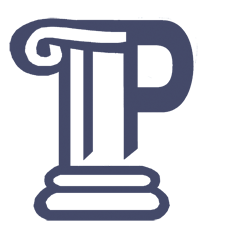 Public Universities and the Need to Re-think Public History
Public Universities and the Need to Re-think Public History
Session Abstract
This timely roundtable, with public history scholars and practitioners from public universities across the country, will take up a critical set of questions about the role of public history can/should play in public education, its potential to affect change among its many participants and architects, and the university’s imperative for faculty to undertake engaged scholarship.
Since its inception in the 1970s, the field of public history has imagined itself as deeply related to a democratic and civic process of exposing people to history in ways that have meaning to them. Central to that process has been how scholars and museum professionals capture and “give voice to” the lives and experiences of ordinary people. More recently, people trained neither as historians nor museum professionals have insisted that this process can and should be based in communities and not only in museums. Whether in the form of StoryCorps, the national project based in Brooklyn, New York that seeks to record stories from hundreds of thousands of people and archive them at the Library of Congress, or the sheer number of people who painstakingly collect their families’ histories and avidly engage in genealogical projects, ordinary people have taken on the work of sharing their stories with one another and participating in projects that allow them to leave their historical record for the future.
In recent years, public history as an academic field has experienced a renaissance. Seen as a productive place for history majors and recent PhDs as the academic job market continues its decline, especially in public schools, public history has recaptured and rearticulated some of its original intellectual excitement as a space that provides for engaging ordinary people in a process of thinking historically at the same time that historians are able to engage with the people we see as agents of historical change.
The work of these five roundtable participants speaks to the promise and difficulties that emerge out of undertaking public history projects in an era that simultaneously witnesses a dramatic decline in public education. How do we as scholars and teachers, use public history praxis to ask students to think about how communities near our campuses function and make history? How can students’ experiences, often as members of the communities we seek to study through oral history, help us reframe the project we hope to develop and sustain? Finally, how can public historians, working in conjunction with community members/historical subjects, protect the participatory and democratic impulse of public history as “a shared authority,” even as universities increasingly mark themselves as good citizens by potentially placing public history in the category of service learning or community service?
